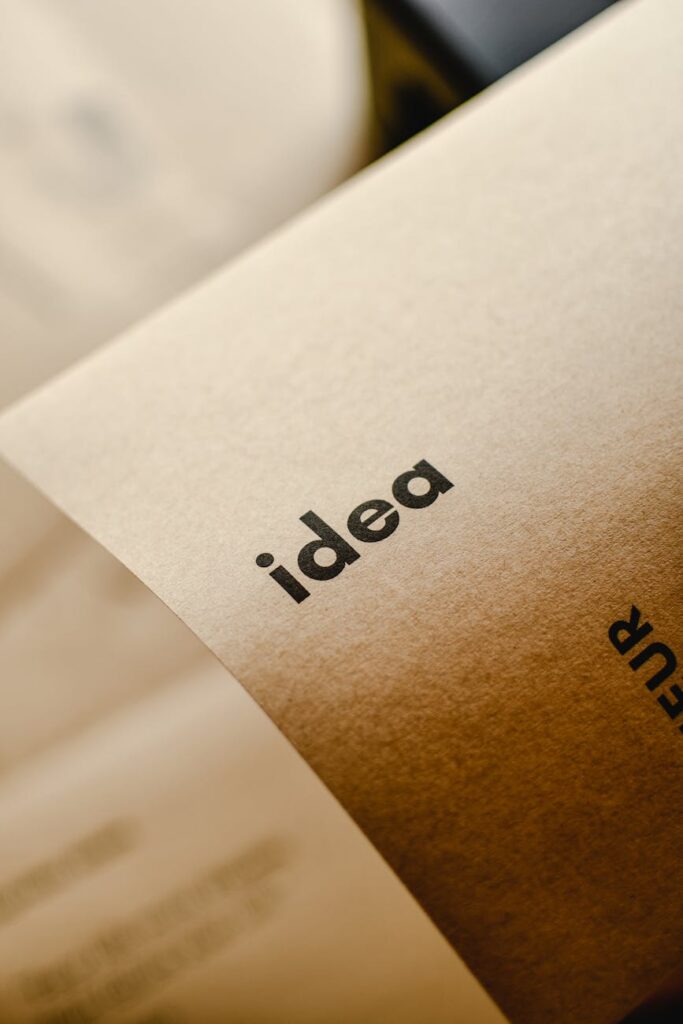What is information diet?

What is Information Diet?
In a world overflowing with constant notifications, news alerts, and social media updates, it can feel overwhelming to sift through the mountains of information we encounter daily. This is where the concept of an information diet comes into play. Similar to how we monitor our food intake for better health, managing our information consumption is essential for enhancing productivity, improving time management, and fostering personal development. By consciously choosing what information we consume, we can lead a more balanced and fulfilling life.
Understanding Information Diet
An information diet refers to the intentional selection and management of the information we consume. Just like a food diet focuses on the types and quantities of food we eat, an information diet emphasizes the quality and relevance of the information we engage with. This practice is vital in our digital age, where distractions abound, and the risk of information overload looms large.
The Concept of Information Diet
Imagine strolling through a bustling marketplace filled with an array of food stalls. You wouldn’t randomly grab everything in sight, right? Instead, you’d carefully choose what to indulge in based on your preferences and nutritional needs. The same principle applies to an information diet. It’s about being selective, prioritizing high-quality sources, and consuming content that aligns with your goals and interests.
By curating our information intake, we can avoid unnecessary stress and confusion. The aim is to achieve a balance that helps us stay informed without feeling overwhelmed. For example, you might decide to limit your social media use while focusing on in-depth articles or podcasts that enhance your skills or broaden your perspectives.
The Importance of Information Selection
Selecting high-quality, relevant information is crucial for personal growth. When we engage with content that resonates with us, we’re more likely to see positive changes in our productivity and mindset. In this context, information isn’t just noise—it’s a resource that can help us grow and navigate our everyday challenges.
To illustrate, consider how reading a thought-provoking book or following a motivational speaker can inspire you to take action in your life. This reflects the power of intentional information consumption over passive scrolling through endless feeds.
Benefits of Adopting an Information Diet
Maintaining an effective information diet presents several benefits, particularly concerning productivity and mental health. By embracing this approach, you can transform the way you engage with information and its impact on your life.
Enhanced Focus and Productivity
One of the most significant advantages of filtering information is improved focus. When we actively manage what we consume, we reduce distractions and can pay more attention to tasks that matter. Imagine working on an important project while feeling bombarded by notifications. By establishing boundaries around your information intake, you can create a more conducive environment for deep work.
Studies show that individuals who practice conscious information consumption tend to experience higher levels of productivity. As a result, you might find yourself completing tasks faster and with greater accuracy—ultimately leading to a more satisfying work experience.
Improved Mental Well-Being
In addition to boosting productivity, an information diet can significantly benefit mental health. Accessing a constant stream of information can lead to anxiety and feelings of overwhelm. By regulating your information intake, you can create a calmer mental space.
For instance, a low information diet has been linked to reduced stress levels and improved emotional well-being. By consciously choosing to engage with uplifting and constructive content, you’re not just enhancing your knowledge; you’re also nurturing your mental state. Resources like Ness Labs provide insights into how managing your information consumption can positively impact your mental health.
Practical Steps to Implement an Information Diet
If you’re ready to embark on your own information diet journey, here are some practical steps to help you create and maintain it effectively.
Assess Your Current Information Consumption
The first step is to evaluate what information you currently consume. Take a moment to reflect on your daily habits. What sources do you rely on? Are they adding value to your life? By assessing your current consumption, you can identify the areas that need adjustment.
Consider keeping a log of the types of content you engage with over a week. This exercise can reveal patterns and highlight which sources are worth keeping or discarding.
Curate Information Sources
Once you’ve assessed your current consumption, it’s time to curate your information sources. Focus on choosing credible and relevant sources that align with your goals. This may involve subscribing to newsletters, following thought leaders, or checking out educational platforms.
Be deliberate about your choices. Unsubscribe from feeds that bring negativity or provide little value. Instead, prioritize sources that inspire you or provide useful insights. Websites like Time Etc. highlight the importance of tuning in to useful information while blocking out unnecessary noise.
Set Boundaries and Limit Consumption
Creating boundaries around your information consumption can be a game-changer. Set specific times for checking news and social media, and be disciplined about it. For instance, you might allocate just 30 minutes each morning to catch up on news or social media updates.
Consider implementing digital detox periods where you completely disconnect from information sources—this can help reset your mindset and recharge your mental batteries. Whether it’s a weekend free from screens or a daily hour of quiet time, these boundaries can drastically improve your overall well-being.
Conclusion
Ultimately, an information diet is about making conscious choices regarding the information we consume. By implementing an intentional approach, we can enhance our productivity and mental health. Embracing this practice is crucial in our fast-paced, information-saturated world.
So, why not start today? Take a few moments to assess your current information consumption, curate your sources, and set boundaries. By doing so, you’ll be on your way to leading a more focused, productive, and fulfilling life.

Photo by Eva Bronzini